
Presence (dir. Steven Soderbergh)
Certificate: 15
Running Time: 85 mins
UK Distributor: Picturehouse Entertainment
UK Release Date: 24 January 2025
WHO’S IN PRESENCE?
Lucy Liu, Chris Sullivan, Callina Liang, Eddy Maday, Lucas Papaelias, Natalie Woolams-Torres, West Mulholland, Julia Fox
WHO’S BEHIND THE CAMERA?
Steven Soderbergh (director, cinematographer, editor), David Koepp (writer), Julie M. Anderson and Ken Meyer (producers), Zack Ryan (composer)
WHAT’S IT ABOUT?
A ghost haunts the new family moving into its house…
WHAT ARE MY THOUGHTS ON PRESENCE?
One of the many reasons why ghost stories are usually so chilling is because they rely solely on a terror that may or may not actually be there. The viewer, like the characters in a typical haunted house movie, is never certain that they’re truly alone in a scene, and more often than not that can be genuinely scary when you’re surrounded by seemingly empty space, often in the dark which makes it even more unsettling.
A key mistake, though, is assuming that any story with a supernatural element is automatically a horror. While it’s true that ghosts and demons are popular go-to threats in scary stories, that doesn’t necessarily mean all such beings should be put to such use. Some ghosts can be romantic, as in Ghost; others can be outwardly comedic, as in Beetlejuice; and in the case of Steven Soderbergh’s Presence, contrary to what the advertising might otherwise suggest, the supernatural element is not intended to scare but rather to heighten an intimate and tender family drama. In doing so, it plays heavily with the inability to see a potential ghostly threat and creates an unnerved atmosphere that makes it an intriguing, if flawed, experience.
The film is shot entirely from the perspective of an unseen ghost that is lurking within the confides of an empty suburban house, which is eventually sold to couple Rebecca (Lucy Liu) and Chris (Chris Sullivan) and their teen children Tyler (Eddy Maday) and Chloe (Callina Liang). The ghost observes the family’s fractured nature across various episodic vignettes, including Chris’s private consideration of leaving his wife, and Rebecca’s clear favouritism of the brash Tyler over the more withdrawn Chloe, who’s mourning the death of her friend. It is the latter family member who becomes the only one to truly notice the disembodied spirit, ultimately setting the scene for some paranormal activity that’s arguably more intense than many of the actual Paranormal Activity movies.
Soderbergh, ever the experimenter, also serves as his own cinematographer, capturing the film’s events on a wide-angled handheld camera across a series of long-takes, separated by sudden hard-cuts to black. The filmmaker’s silent and steady camera movements, along with the soft fish-eye lens through which we’re seeing everything, makes for a creepy otherworldly aesthetic as you’re constantly floating throughout the house along with this ghost, and unlike Nickel Boys (which also adopts a first-person perspective) there’s plenty of room to move around and not have the camera feel quite as restrained in one place. It’s a fascinatingly crafty bit of filmmaking by Soderbergh, who gives his own camera movements a unique and likeable personality without the need for any audible dialogue, and in some instances you’ll wonder how on earth the director was able to pull off certain in-camera effects within such a carefully controlled environment. And in terms of experimental cinema by a well-regarded auteur that takes place exclusively in one location, it’s certainly better than Robert Zemeckis’s Here.
David Koepp’s script lays out a fairly basic familial drama for both the viewer and the ghost to play voyeur towards, one that’s not that much different to the kinds of struggles from any other regular suburbia-set movie about a fractured nuclear family. However, there’s still enough to keep you invested, in part because the performances are strong – particularly from Callina Lang as the isolated Chloe and Chris Sullivan as the doting dad trying to keep it all together – and there are scenes that really allow you to feel their troubled and occasionally tempestuous relationships with one another. The script also makes the true identity of the ghost its own intriguing mini-mystery, with initial hints that it may be one person, only for another figure thrown in as a potential red herring, before settling for a final twist that isn’t exactly surprising, but fits neatly within the emotional arcs that certain characters go through.
While Presence manages to successfully create the illusion of ghostly goings-on in the midst of thin but emotional human drama, it is less apt whenever Koepp’s script decides to plunge into more contemporary genre territory. For instance, it has the scene you see in practically every haunted house movie where the eccentric psychic pays a visit and becomes immediately convinced there’s a ghost around the premises, while the few times it actually leans into scary territory it’s nothing quite so shocking or scary as in other, better written ghost stories. There is also a major turn involving one supporting character who at first appears to be the comforting type but then reveals to very much not be, and each new reveal about this person is rather contrived, to where it almost makes no sense as to how they operate. It leads to a conclusion that I wouldn’t say is anticlimactic but is certainly abrupt, involving a piece of sudden stunt work that is more unintentionally funny than unsettling (it certainly made the audience I saw it with laugh, with one even saying out loud, “well, that was silly.” God bless British horror movie audiences.)
If the script isn’t exactly solid, the concept and execution certain is, as Soderbergh makes his ghost story one that actually sticks with you, thanks to some innovative camerawork and simple but pleasant family drama. It’s not what one would call a true scare-fest, but in times such as this it’s nice to have a supernaturally-themed movie that isn’t always about the next big scare, and rather about making you feel something for the entity at the centre of this haunting.
SO, TO SUM UP…
Presence is a well-executed new vision of the traditional haunted house movie, as filmmaker Steven Soderbergh applies a first-person perspective to the unseen ghost that peers into the simplistic family drama, which just about overcomes the more ridiculous reveals in David Koepp’s script.




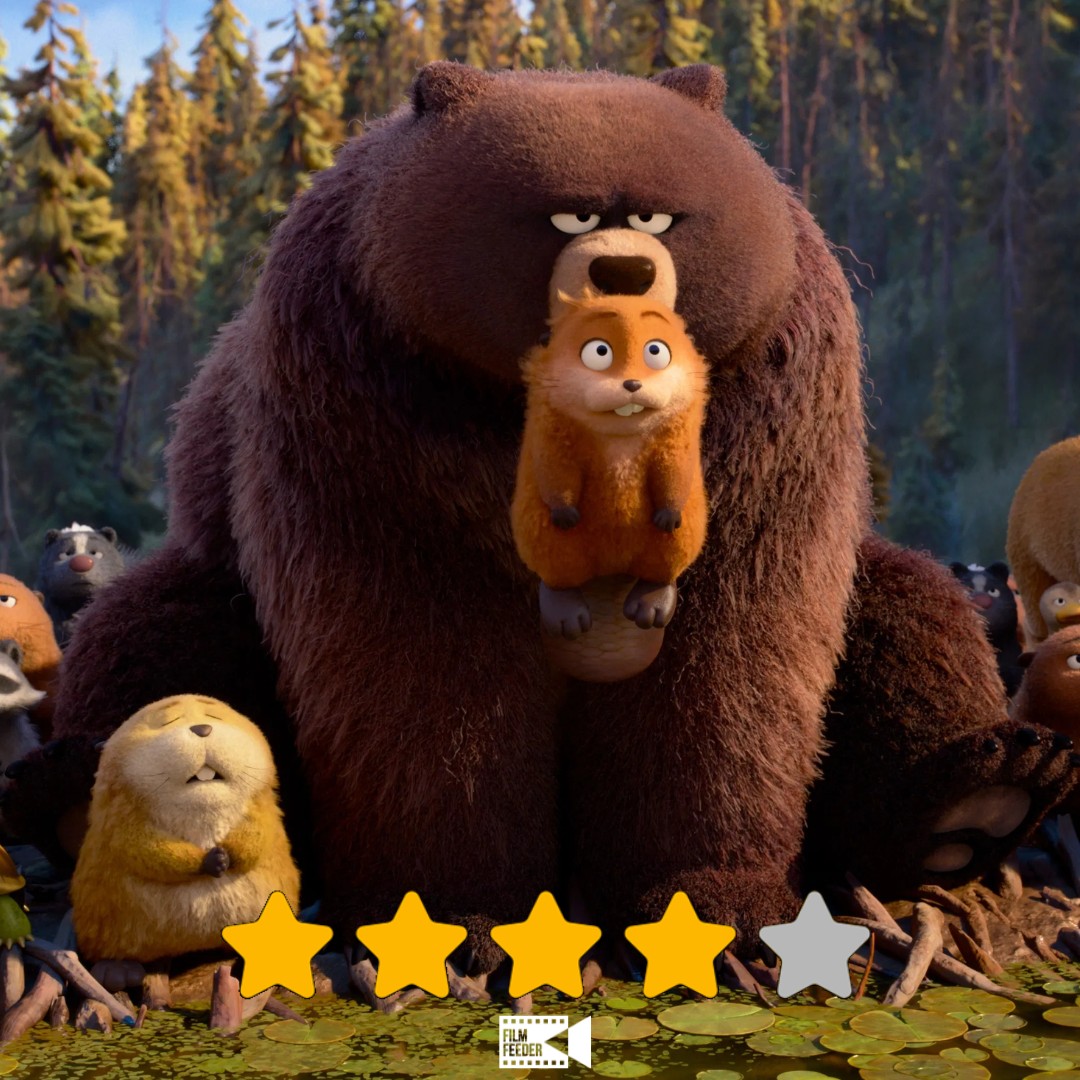
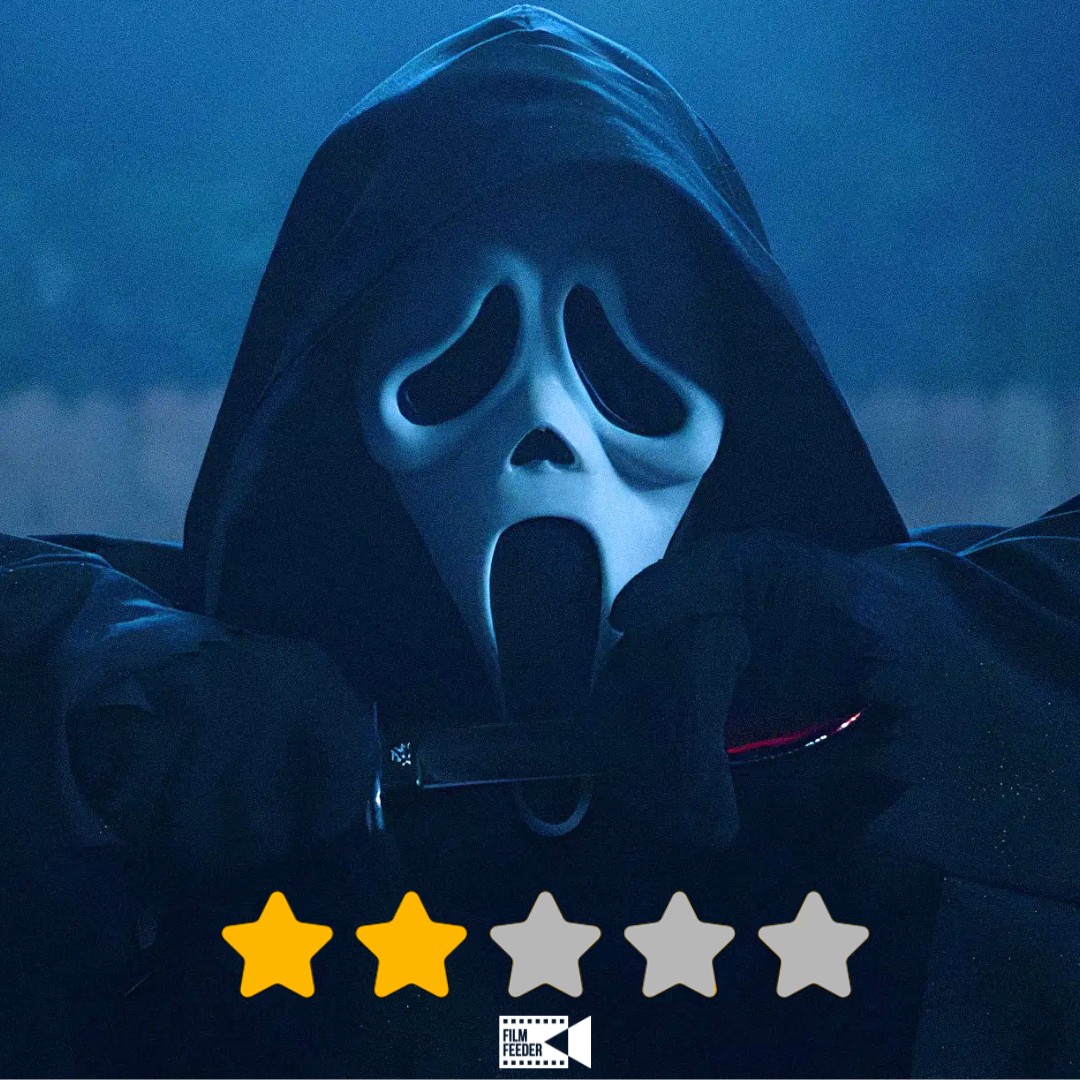

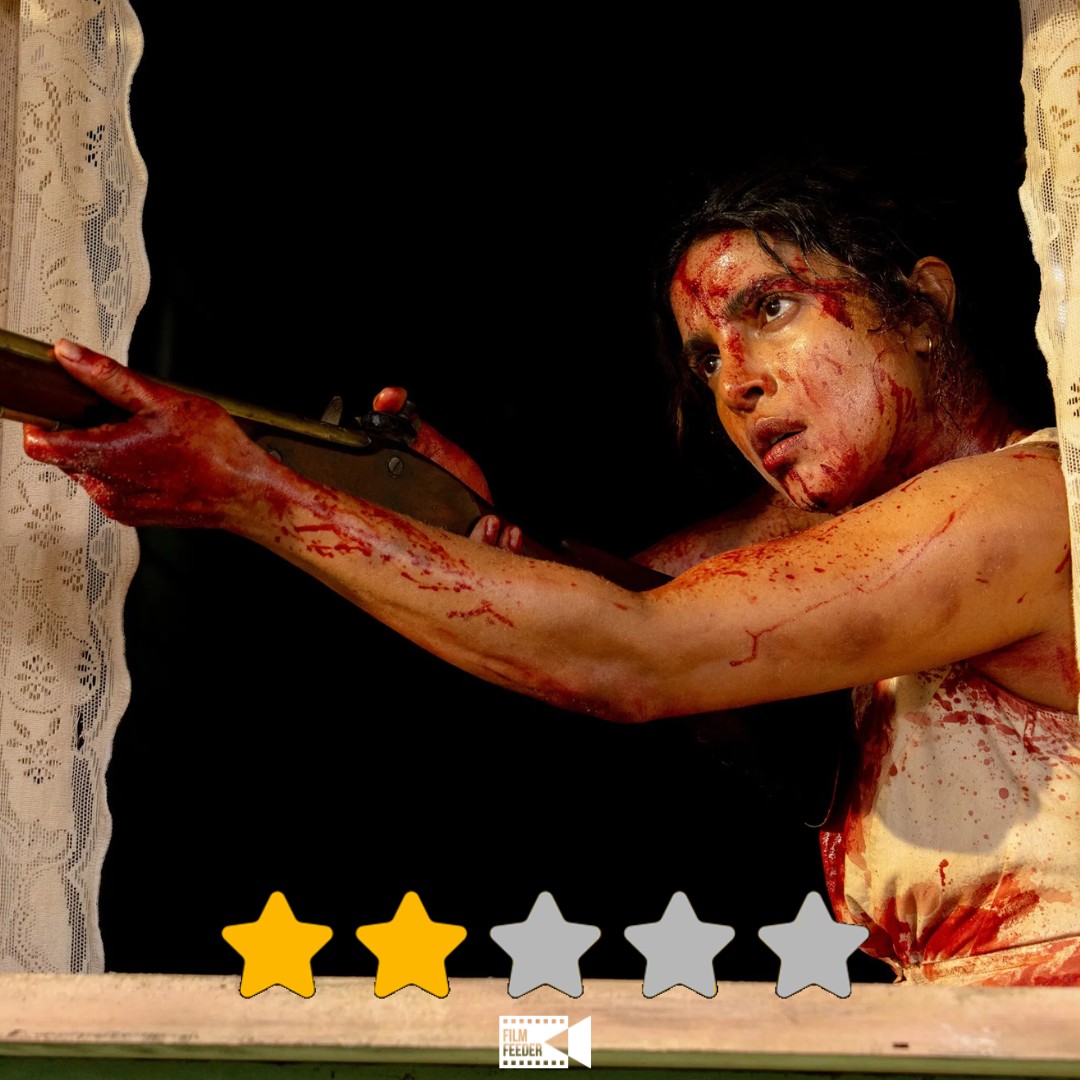
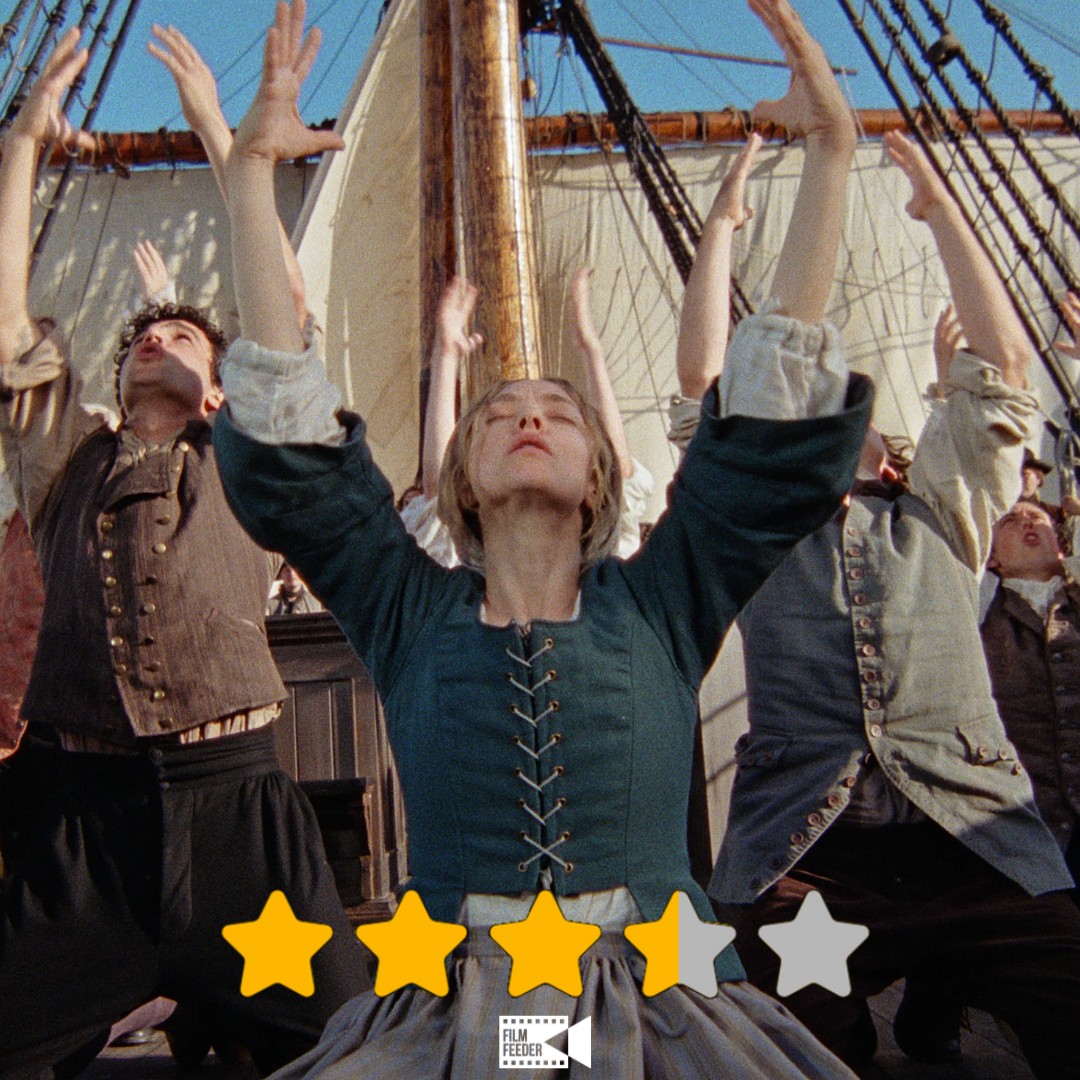
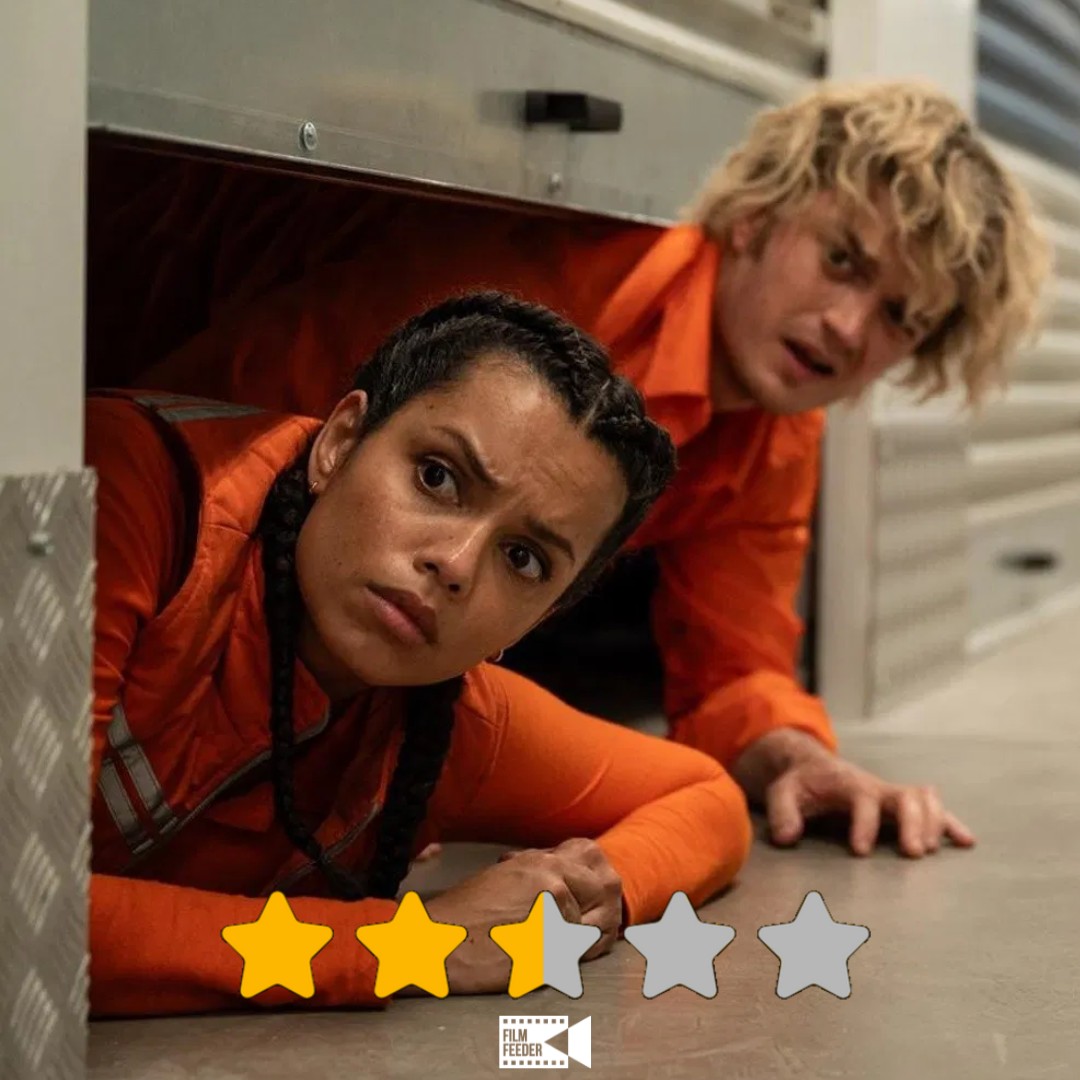
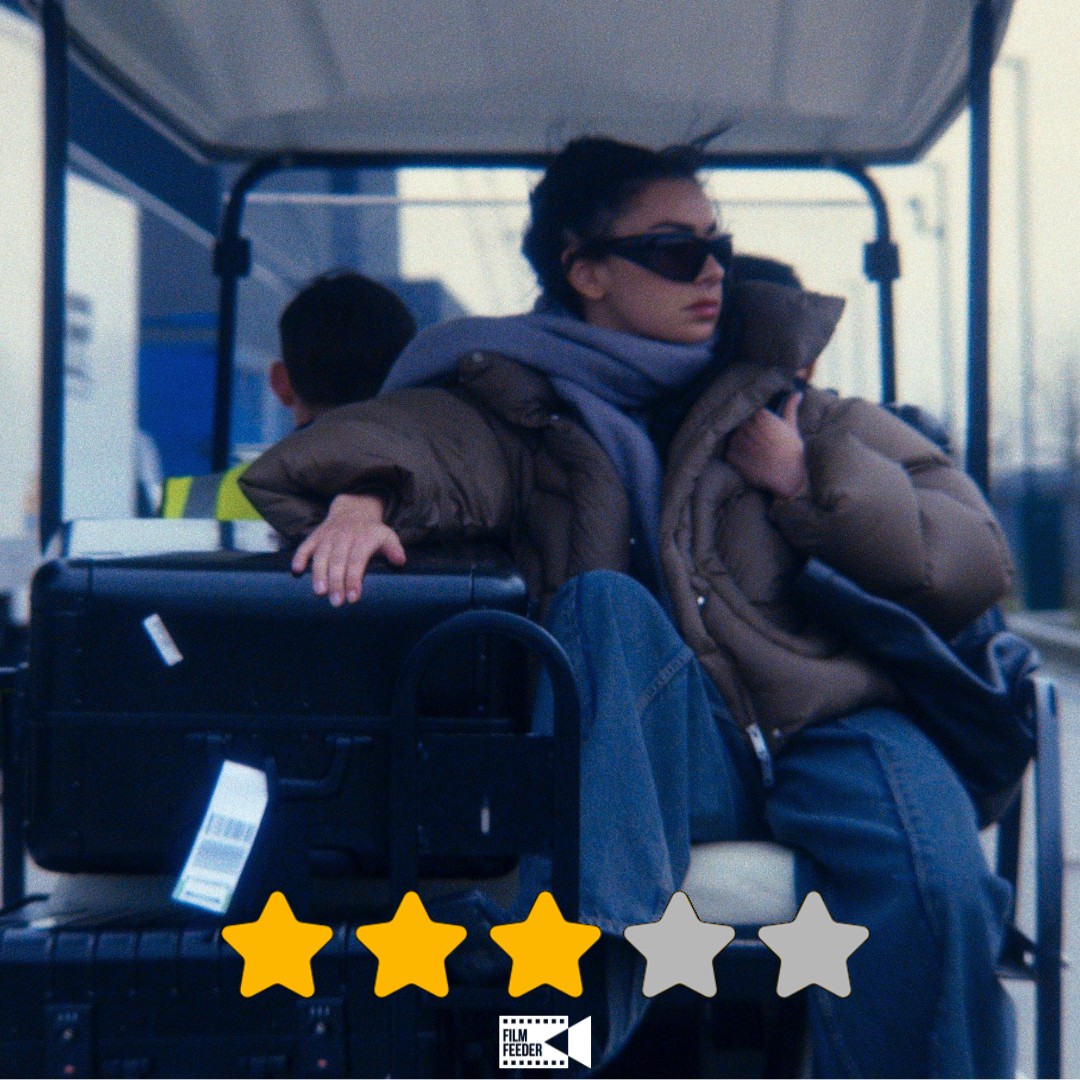
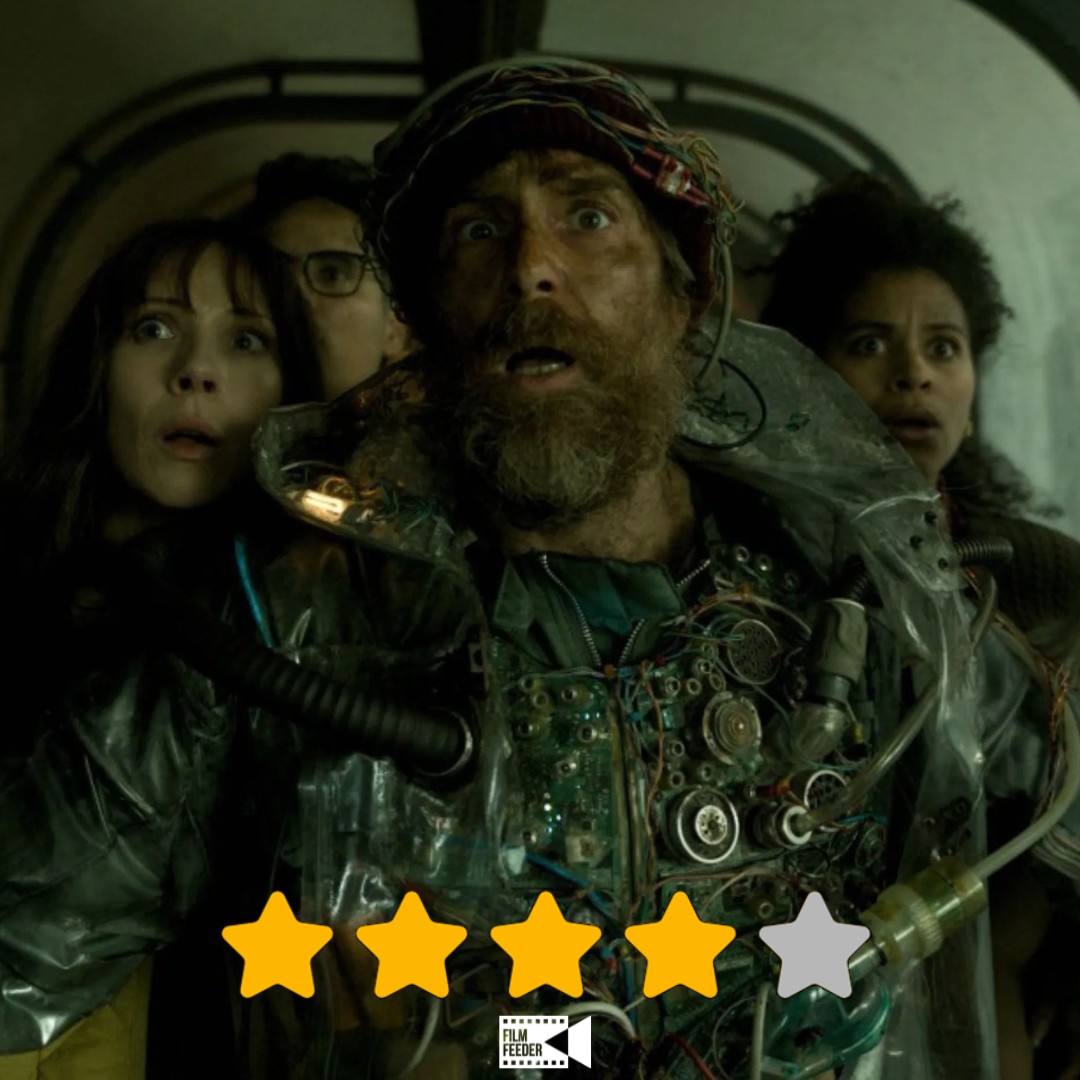
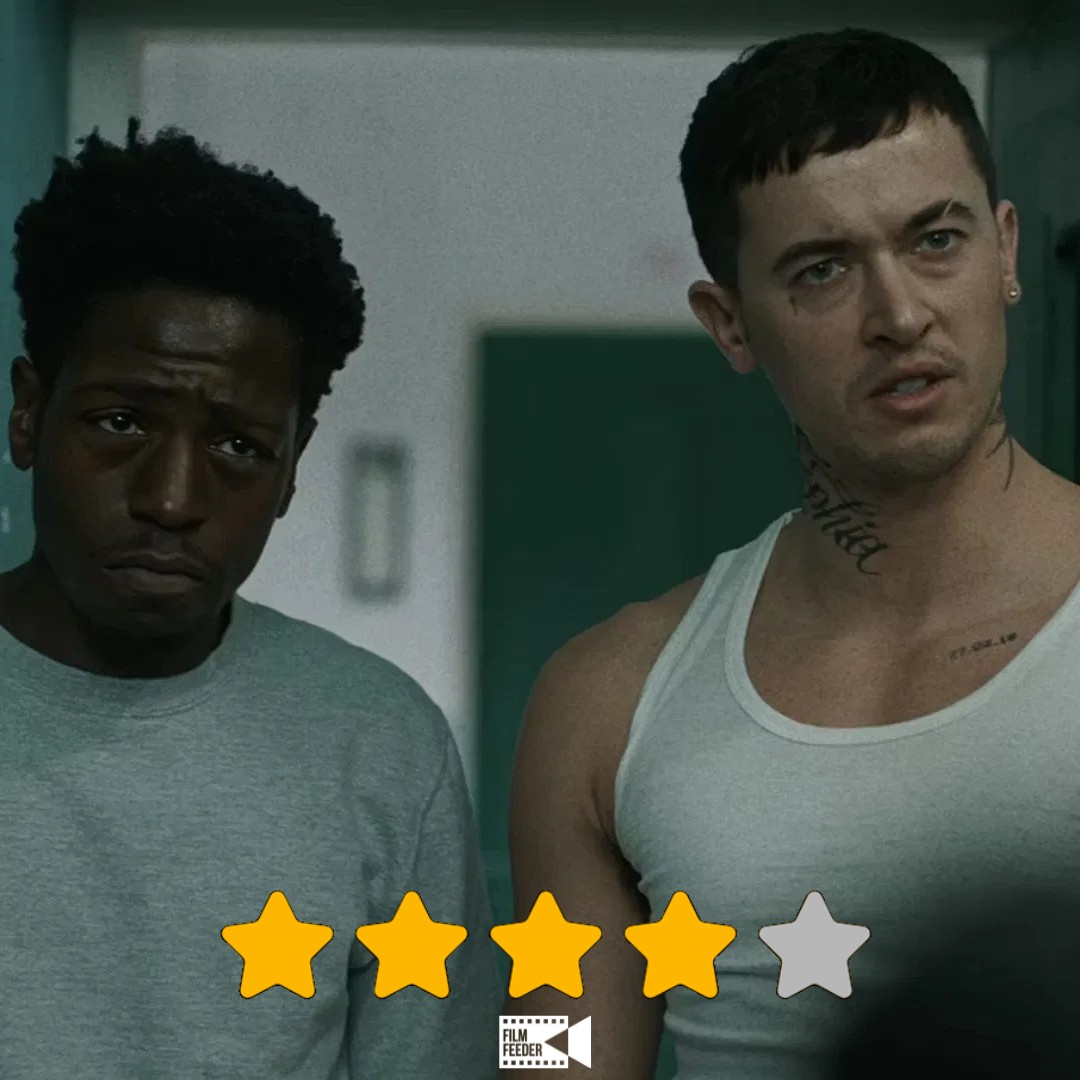
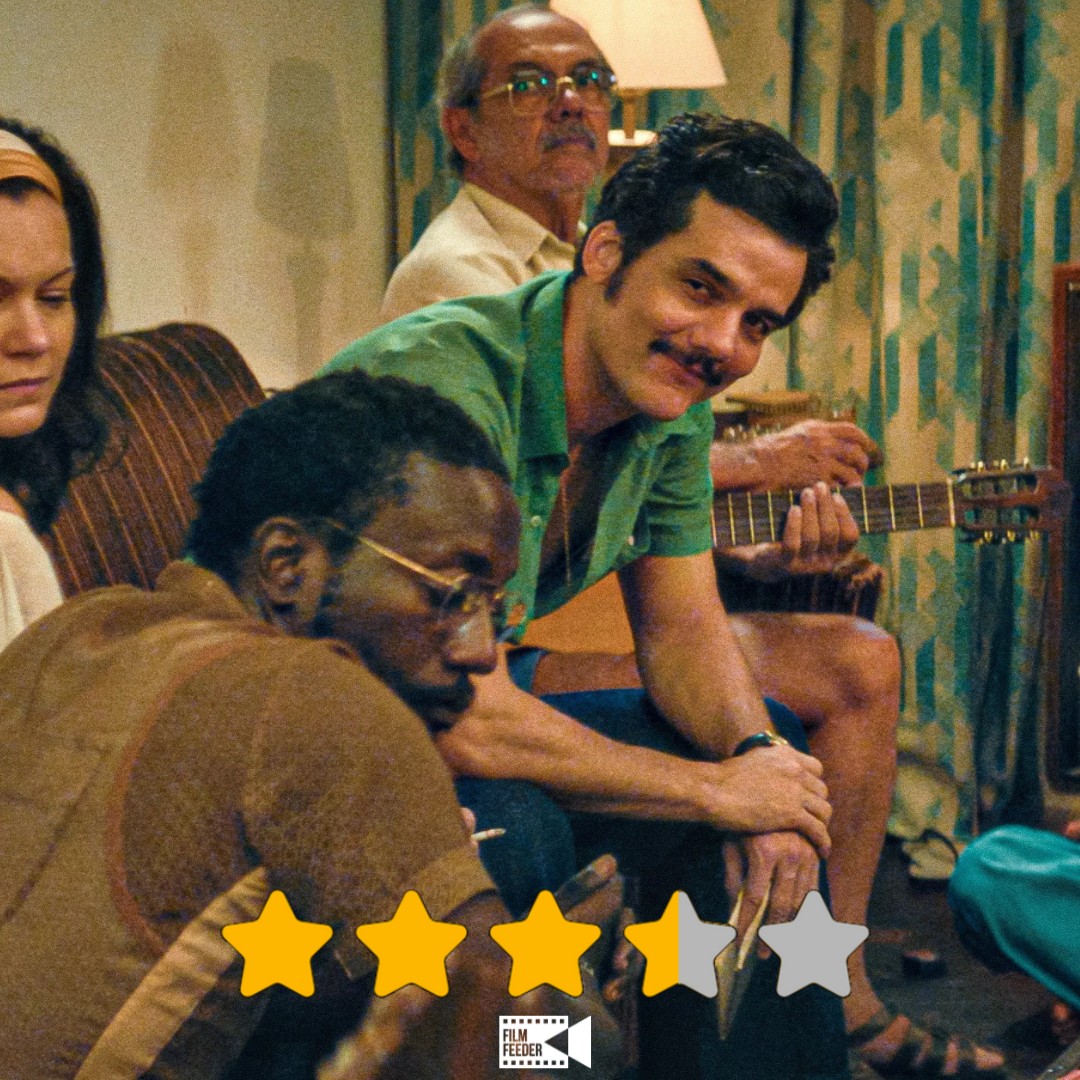
0 Comments